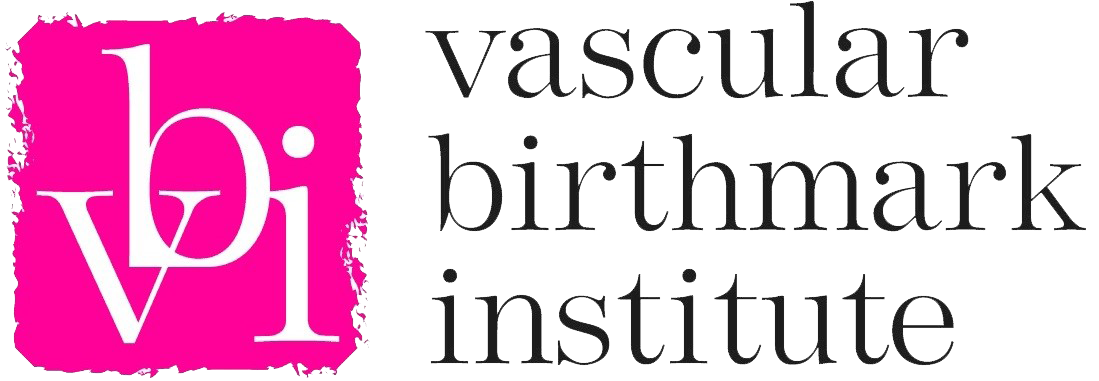Medical management offers a non-surgical approach to treating hemangiomas and related vascular tumors. Led by Dr. Waner and Dr. O, our team at Vascular Birthmark Institute uses advanced medications and interventional techniques to manage growth, reduce complications, and improve outcomes—all with personalized care tailored to each patient’s needs.
What Is Medical Management?
Medical management is a non-surgical treatment approach used to control and reduce hemangiomas and other vascular tumors. At Vascular Birthmark Institute, this may involve medications like propranolol, steroids, or vincristine, as well as minimally invasive procedures like embolization and sclerotherapy. These treatments are carefully selected based on the size, location, and behavior of the lesion. Patients are closely monitored throughout the process to ensure safety and effectiveness. Medical management can be used alone or in combination with other therapies as part of a comprehensive care plan.

Medical Management Treats:
- Superficial, deep, or mixed hemangiomas during the growth or involution phase
- Segmental hemangiomas that require long-term intervention
- Focal hemangiomas that do not need surgical removal
- Rebound growth after initial treatment response
- Hemangiomatosis with internal organ involvement, including the liver
- Kaposiform hemangioendotheliomas requiring systemic therapy
How Medical Management Works
Medical management uses targeted medications and interventional techniques to reduce the size, growth rate, and vascular activity of hemangiomas. These therapies are curated to interrupt abnormal blood vessel formation, control proliferation, and prevent complications.
Treatment is personalized and closely monitored to ensure safety and effectiveness.
Propranolol
Propranolol is a beta-blocker originally used to treat high blood pressure, but it is now a first-line treatment for infantile hemangiomas. Discovered in 2008 to be effective against hemangiomas, propranolol can act during both the proliferative (growth) and involution (regression) phases. Although its exact mechanism is not fully understood, it likely reduces blood vessel formation (angiogenesis), promotes cell death (apoptosis), and constricts existing blood vessels. It is administered orally and requires close monitoring to prevent side effects like low blood sugar, airway sensitivity, and sleep disturbances.
Steroids
Steroids have long been used to manage hemangiomas by reducing inflammation and interfering with abnormal blood vessel growth. These can be administered systemically (by mouth) or locally (by injection into the lesion). Systemic steroids are typically used for segmental hemangiomas, while intralesional injections are better suited for focal hemangiomas. Due to potential side effects, including rebound growth and rare but serious conditions like Addisonian crisis, steroids are generally used for a limited time. The treatment duration is typically limited to three months to minimize risks.
Timolol
Timolol is a topical beta-blocker similar to propranolol, commonly used as an eye drop for glaucoma. It has been repurposed to treat small, superficial hemangiomas. When applied directly to the skin, it may reduce redness and lesion size by constricting blood vessels and slowing endothelial cell proliferation. Although some systemic absorption can occur, the drug’s effect is believed to be primarily localized. For safety, only a small amount (two to three drops) should be applied at one time to avoid systemic side effects.
Vincristine
Vincristine is a chemotherapeutic agent used for treatment-resistant vascular tumors, particularly kaposiform hemangioendotheliomas and hemangiomatosis with liver involvement. Administered weekly via a central line, vincristine interferes with microtubule formation in rapidly dividing cells, which slows or stops tumor growth. It is often used when patients cannot tolerate steroids or when lesions do not respond adequately to other therapies. Vincristine has fewer side effects than steroids and is part of several pediatric oncology protocols.
Embolization
Embolization is a minimally invasive procedure used to treat hemangiomas by blocking the blood vessels that supply the lesion. During the procedure, an interventional radiologist uses imaging guidance to inject embolic agents into targeted vessels, effectively cutting off the blood flow. This reduces the size of the hemangioma and stops its growth. Embolization is recommended when surgery is not feasible or as a pre-surgical measure to minimize bleeding risk. It helps preserve the surrounding healthy tissue while managing vascular tumors.
Sclerotherapy
Sclerotherapy is a minimally invasive treatment used to shrink hemangiomas by injecting a sclerosing agent directly into the lesion or its feeding vessels. The agent irritates the vessel lining, triggering inflammation that causes the vessel to collapse and scar shut. This is especially effective for deep, complex, or treatment-resistant hemangiomas that do not respond well to oral or topical medications. Sclerotherapy can be performed on its own or as part of a combination plan and is typically guided by imaging for precise targeting.
Combination Therapy
Combination therapy may include using multiple modalities, such as propranolol with sclerotherapy or steroids followed by vincristine, to improve results in complex hemangioma cases. This approach is often necessary for segmental or deeply infiltrative hemangiomas. By targeting the lesion from different angles, combination therapy enhances efficacy and reduces the likelihood of rebound growth.

Schedule Your Consultation
Vascular Birthmark Institute is committed to providing expert, non-surgical care for hemangiomas and vascular tumors through safe and effective medical management. Led by Dr. Waner and Dr. O, our team offers personalized treatments using the latest therapies, including propranolol, steroids, vincristine, sclerotherapy, and embolization. Each patient is carefully evaluated and monitored to ensure the best possible outcome. Contact us to schedule a consultation and learn more about medical management options for hemangiomas.
Contact Vascular Birthmark Institute Today